Miss Betty Cooper: Freedom Seeker and Early Drag Queen
The surname Cooper connected Miss Betty Cooper to one of the most prominent Patriot families in Boston. Her erstwhile enslaver, William Cooper, was a respected member of the city’s Sons of Liberty who served as Town Clerk from 1761 until 1809. It was his job to conduct the public business of the town, keeping the official records and informing the populace of laws and regulations. His name appears in Boston newspapers thousands of times, usually in announcements about tax policy, town meetings, and resolutions regarding Boston’s resistance to British authority. Sometime between 1769 and 1771, William Cooper sold Miss Betty Cooper to John Sober, an Oxford-educated sugar planter who enslaved 200 people on his Barbados plantation.
This single advertisement, written by an enslaver for the purpose of recapturing a fugitive, cannot make Miss Betty Cooper well known to twenty-first-century historians. It does not tell us how she defined her own identity, how she related to her various communities, or even what she wore. It does, however, suggest a gender expression that resisted the binary, body-based categories of European colonizers. Many enslaved people were born into societies whose gender categories did not match European expectations. Captives brought this diversity with them through the Middle Passage, and colonial records everywhere from the Portuguese Inquisition in the sixteenth century to the New York City trial of Peter Sewally/Mary Jones in 1836 preserve partial stories of African-descended people who transgressed Euro-American gender boundaries in ways that can be understood both within a larger transgender history and in the specific context of Black resistance to colonizer’s ideas about gender.
Source: Public Seminar

